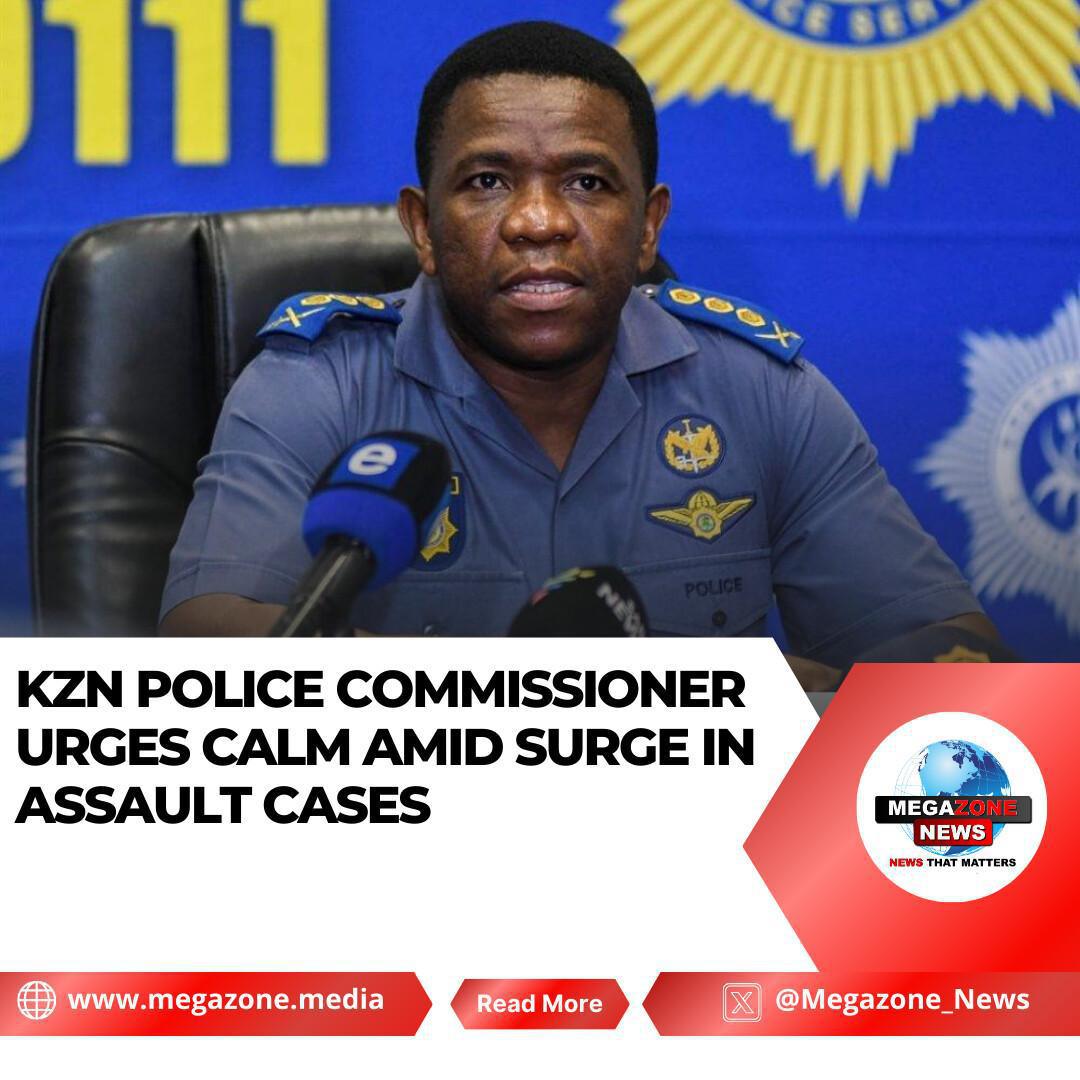KwaZulu-Natal's Police Commissioner, Lieutenant General Nhlanhla Mkhwanazi, has issued a strong appeal for emotional restraint and tolerance as the province sees a troubling rise in assault cases.
Addressing the media on Tuesday at the Durban Christian Centre, following a meeting with senior commanders from across the province, Mkhwanazi expressed concern over the growing number of disputes often between neighbours, relatives, and acquaintances that escalate into physical altercations.
“We’ve seen an increase in incidents where people who know each other whether neighbours or family members end up assaulting each other, sometimes opening counter-charges,” said Mkhwanazi. “These cases are adding to our crime statistics and are becoming a serious concern.”
He further noted that road rage incidents have also contributed to the uptick, with motorists engaging in violent confrontations over minor traffic disagreements. “It starts with an argument about driving, and ends with people getting physical. The level of impatience and intolerance on our roads is worrying,” he added.
Police data reveals a marked rise in cases of common assault and assault with intent to cause grievous bodily harm (GBH). Mkhwanazi attributed the trend largely to a breakdown in conflict resolution and a culture of impulsive retaliation.
The Chatsworth policing precinct was singled out as a recent hotspot for such tensions. Mkhwanazi cited incidents where disputes over trivial matters such as rubbish bins left outside spiraled into police cases. “Maybe it’s because people are so quick to report everything to the police. A neighbour complains about something small, a case gets opened, and then a counter-charge follows,” he explained.
He warned that although many of these cases may appear minor, they still require resources and contribute to an already heavy police workload. “Even swearing at each other becomes a common assault case. These volumes put pressure on our system,” he said.
In his closing remarks, Mkhwanazi appealed to residents to find peaceful and amicable ways to resolve their differences. “We urge our communities to show tolerance and patience. Violence should never be the first resort.”


